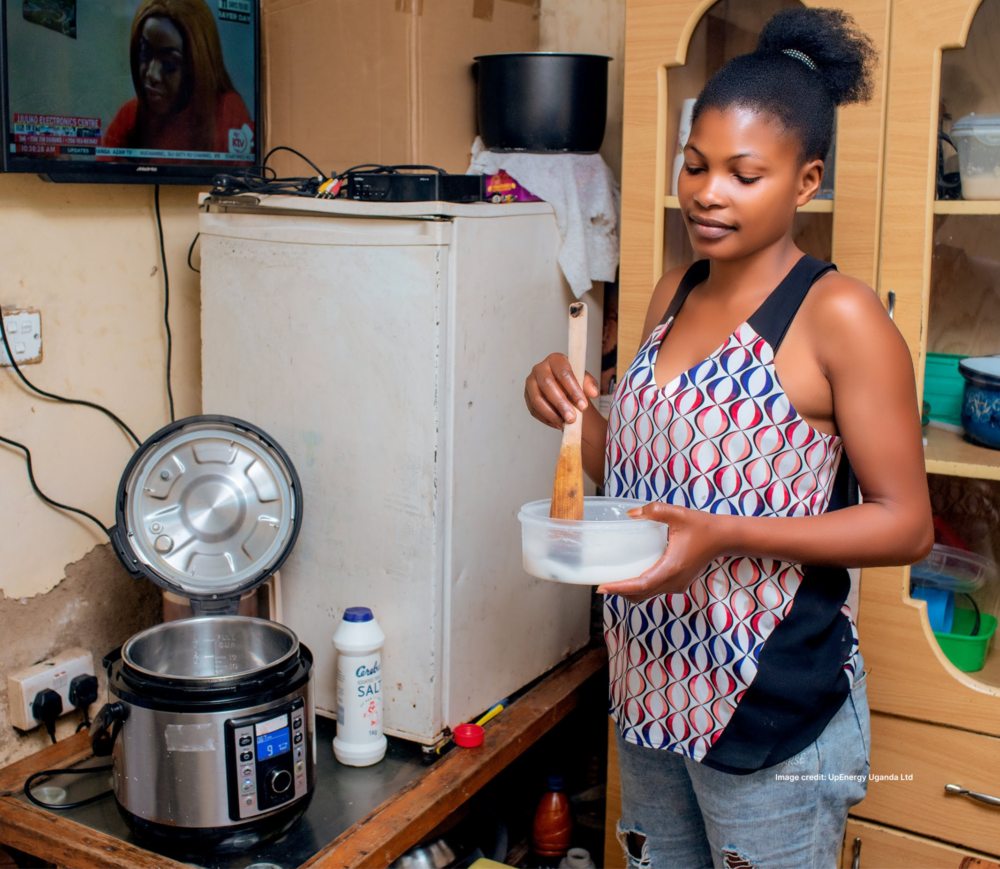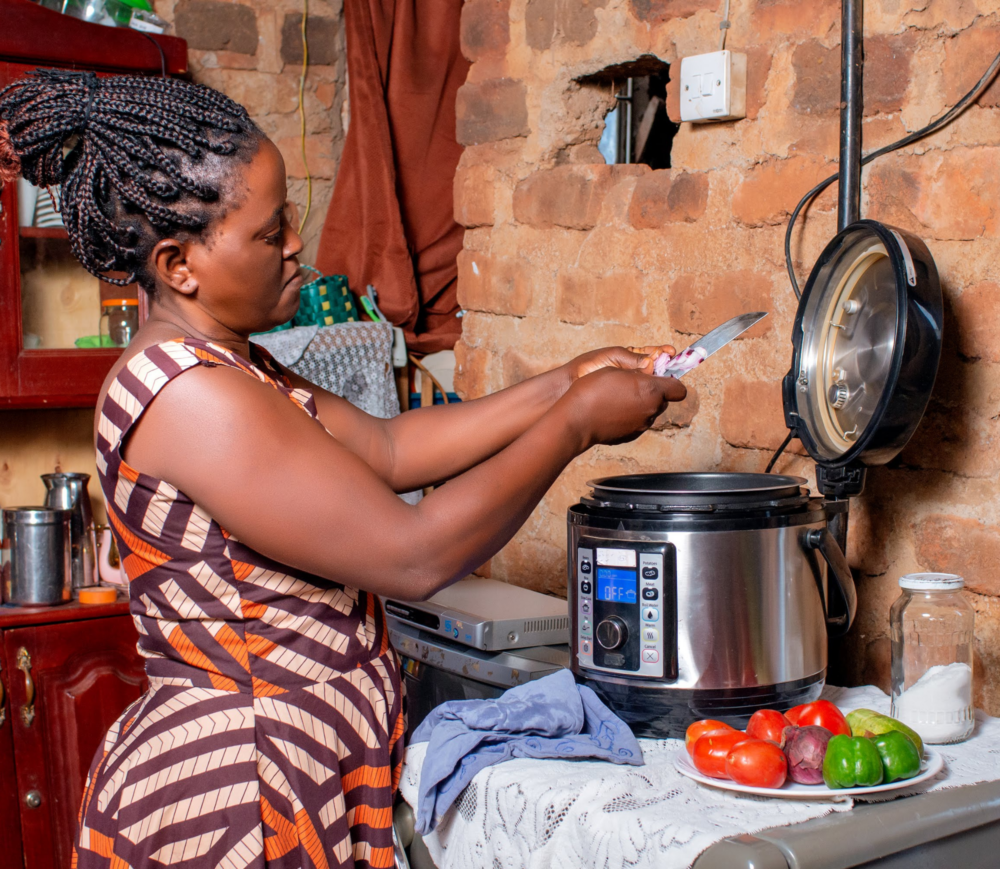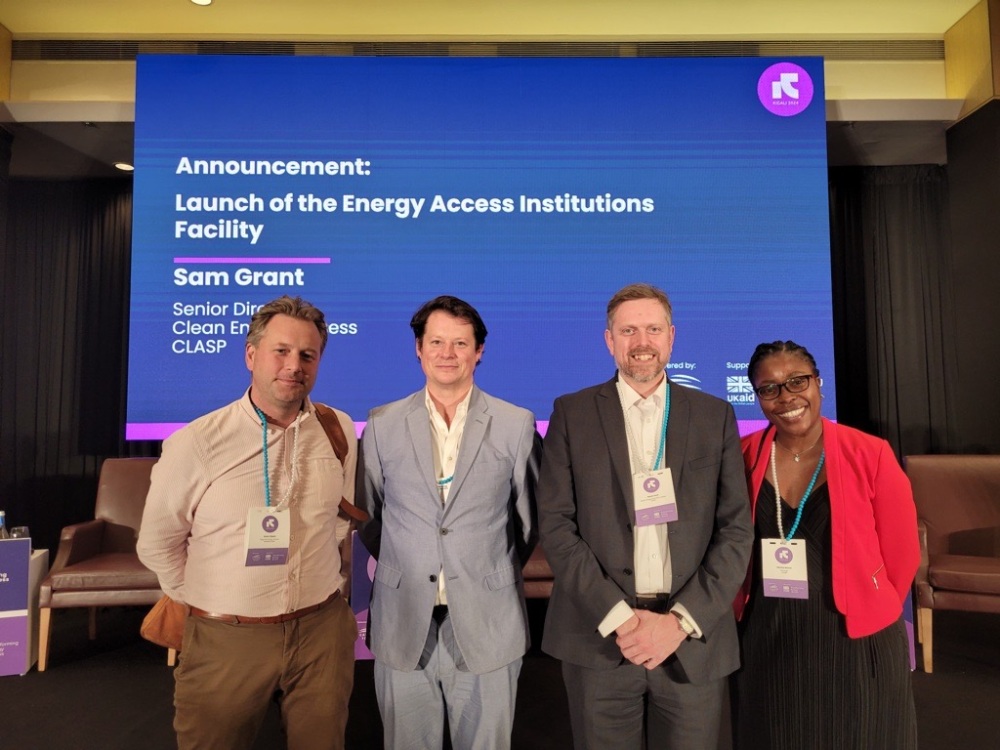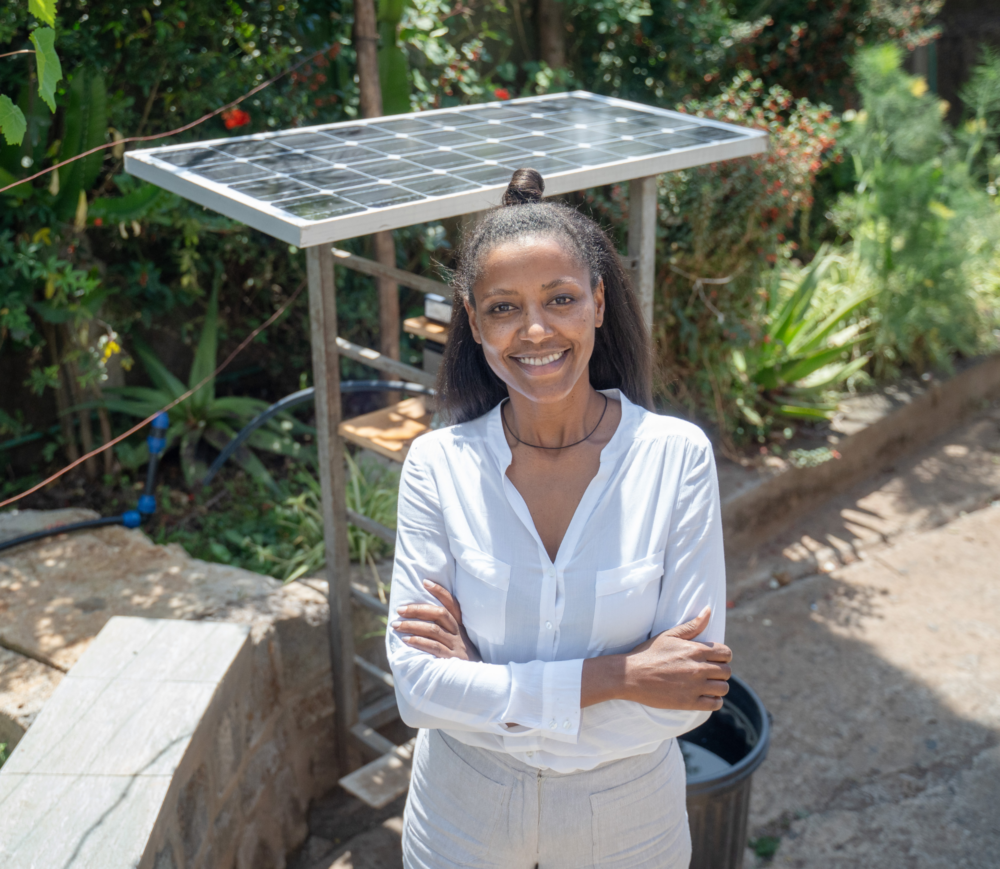Efficient Appliances Translate to Higher Business Revenues, Field Tests Show
Rwandan entrepreneurs increased their incomes by adopting efficient appliances, CLASP research found.
CLASP recently spent several months field-testing a range of renewable appliances and technologies in Rwanda. Working with 12 entrepreneurs focused on hospitality, farming, and mobility in four districts across the country, we tested electric pressure cookers in busy restaurants, solar water pumps on working farms, and electric motorbikes. Our team collaborated with the business owners to measure the efficiency of these products, assess air quality improvements, and quantify time savings and income generated or saved.
Our findings: a direct correlation between the adoption of efficient appliances and increased incomes.
Energy-Efficient Appliances Work for People and the Planet
Energy-efficient solar water pumps, electric pressure cookers, and electric bikes have significant benefits over fossil fuel–powered equivalents, costing less to operate and producing less pollution that warms the planet and damages human health.
However, the relatively high upfront purchase price of these products, as well as the wide range in quality, efficiency, and affordability between different models, present challenges for consumers.
Impartial Tests Build Consumer Confidence
As more of these appliances have come on the market over the last two decades, CLASP has carried out extensive field testing to help consumers, distributors, and governments make sound decisions about which models to invest in. This information is particularly crucial for developing markets with little history of appliance usage or community exposure to these products. Focusing on communities without a strong electric grid, our tests provide verified, impartial information about appliance performance.
This research is critical because laboratory appliance testing can only indicate how different models perform in a controlled environment. Field testing provides data on how products operate under the rigors of real use.
About the Project
The Productive Use of Energy Pilot Study in Rwanda was conducted by CLASP and EED Advisory with the support of Sustainable Energy for All (SEforALL) and the World Bank. The appliances tested were electric pressure cookers, electric motorbikes, solar water pumps, and solar-powered fridges.











